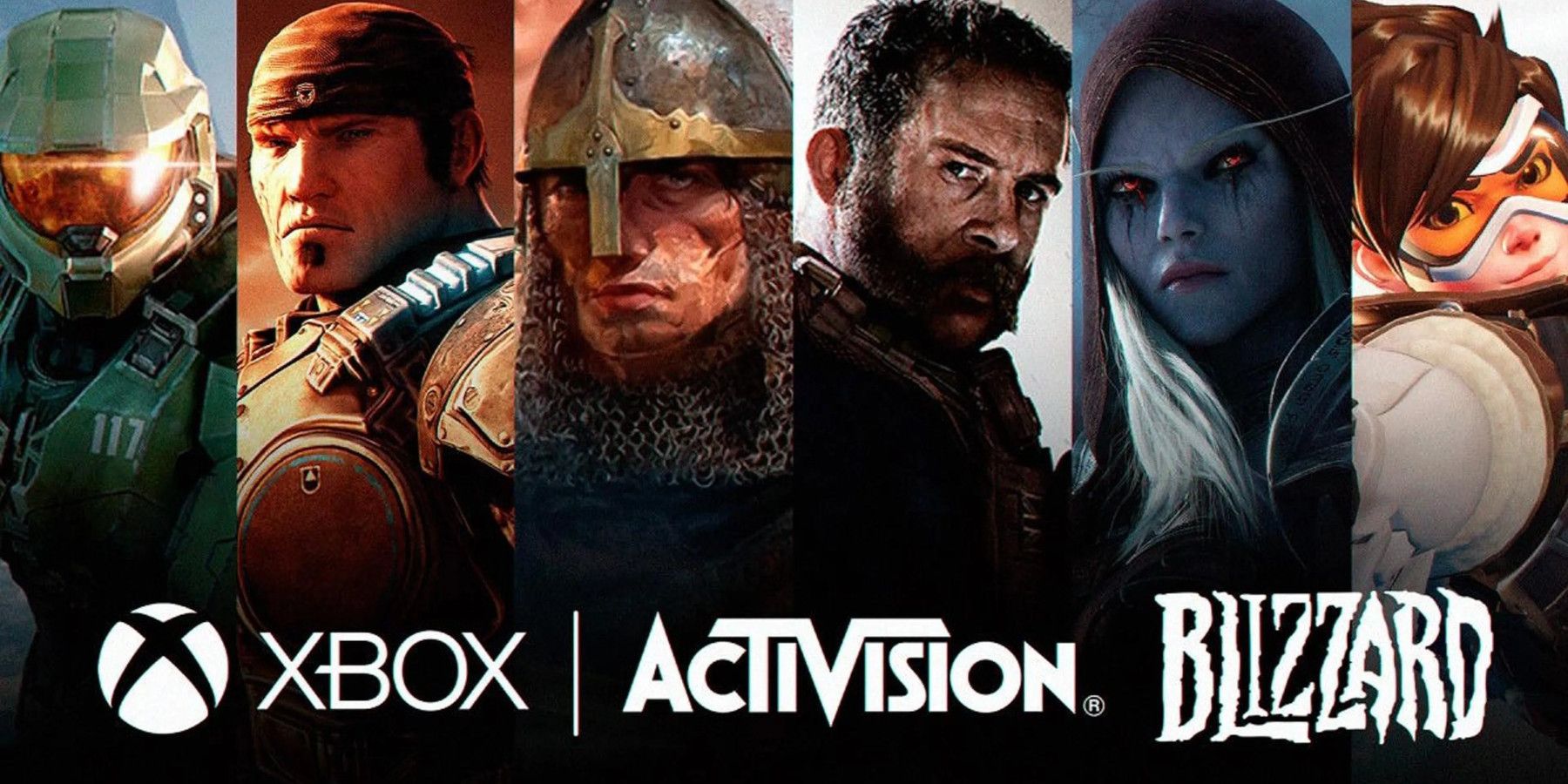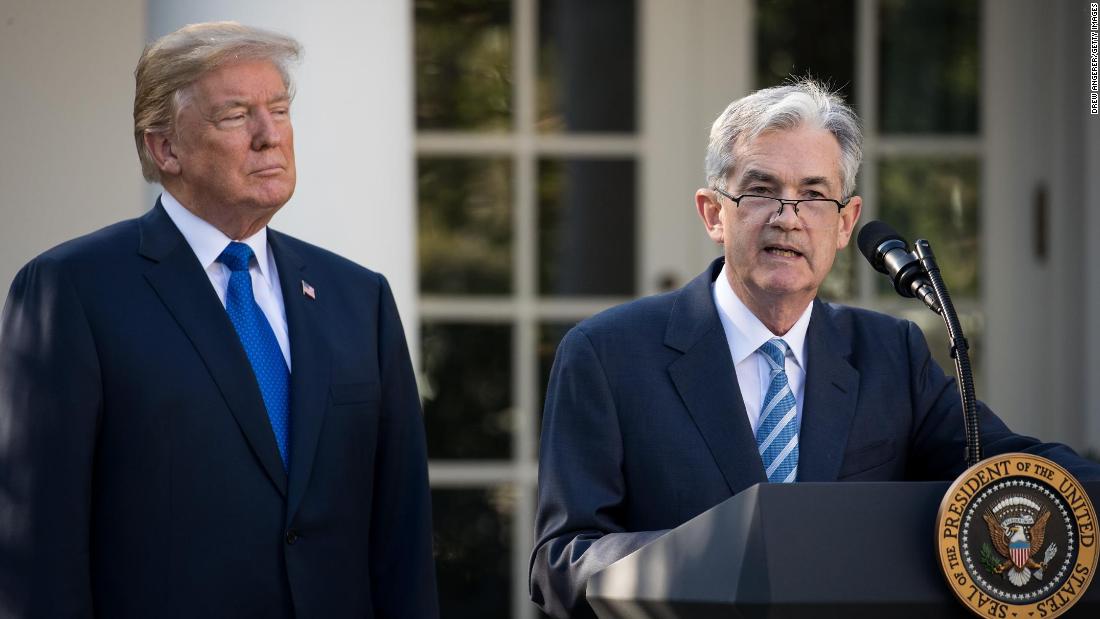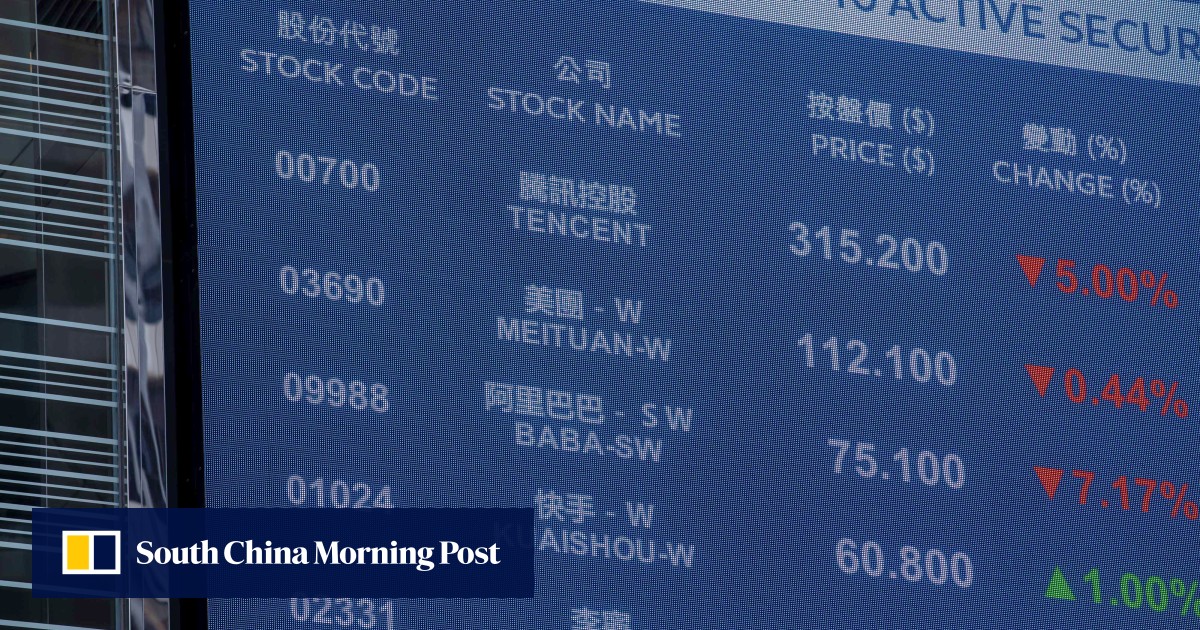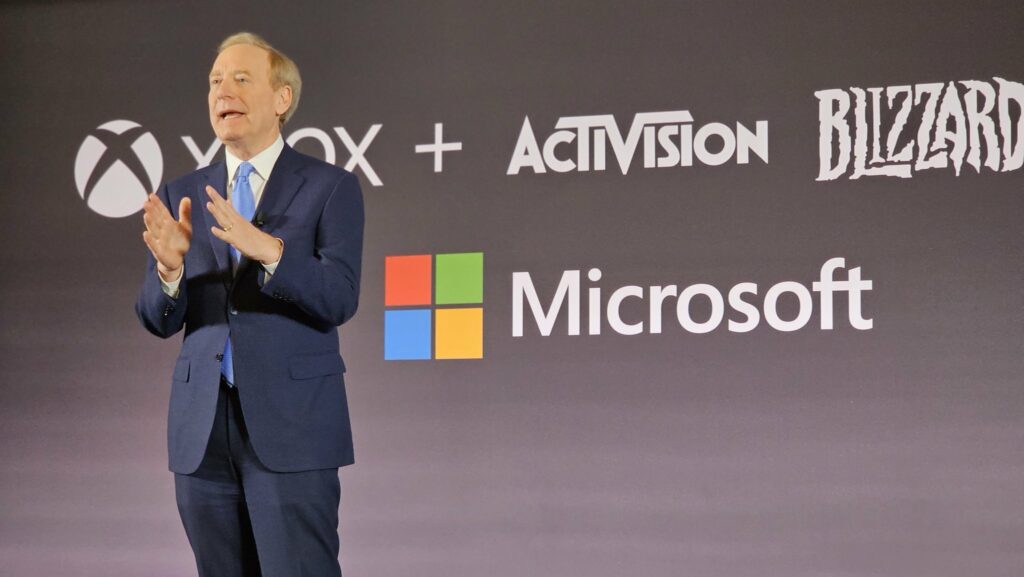Activision Blizzard Acquisition: FTC's Appeal Against Court Decision

Table of Contents
The FTC's Initial Case Against the Activision Blizzard Acquisition
The FTC's initial lawsuit aimed to prevent the Microsoft-Activision Blizzard merger, arguing it would stifle competition and harm consumers. Their central concern revolved around the potential for Microsoft to make Activision Blizzard's popular titles, especially Call of Duty, exclusive to its Xbox ecosystem. This exclusivity, the FTC argued, would give Microsoft an unfair advantage over competitors like Sony PlayStation and Nintendo.
- FTC's claim of anti-competitive behavior by Microsoft: The FTC alleged that Microsoft, already a major player in the gaming market, would leverage the acquisition to eliminate a significant competitor and solidify its dominance.
- Concerns about Microsoft's market dominance in gaming consoles and PC gaming: The FTC highlighted Microsoft's existing market share in both console and PC gaming, arguing that the acquisition would further consolidate its power.
- Focus on the exclusivity of key Activision Blizzard titles, especially Call of Duty: The FTC presented evidence suggesting Microsoft could restrict access to Call of Duty and other popular Activision Blizzard games on rival platforms.
- Arguments about potential harm to consumers: The FTC argued that reduced competition would lead to higher prices, fewer choices, and ultimately, a less innovative gaming market for consumers.
The Court's Ruling Against the FTC
A federal judge ultimately rejected the FTC's request to block the acquisition. The court's decision centered on the belief that the FTC failed to present sufficient evidence to prove the merger would substantially lessen competition.
- Summary of the judge's reasoning: The judge found that the FTC's arguments regarding Call of Duty exclusivity lacked sufficient weight, citing Microsoft's commitments to keep the game available on other platforms.
- Key evidence presented by Microsoft that refuted the FTC's claims: Microsoft presented evidence of its plans to maintain Call of Duty on PlayStation, even offering long-term contractual agreements to solidify its commitment.
- Impact of the ruling on the acquisition timeline: The court's ruling cleared the way for the acquisition to proceed, accelerating its completion.
- Judge's assessment of the competitive landscape: The judge acknowledged the competitive nature of the gaming market, indicating that the merger would not lead to a monopoly.
The FTC's Appeal and its Arguments
Despite the initial setback, the FTC decided to appeal the court's decision. Their appeal centers on contesting the judge's assessment of the evidence and highlighting potential long-term anti-competitive implications.
- Specific points of contention with the original ruling: The FTC likely argues the court misinterpreted key evidence and failed to fully consider the potential for future anti-competitive behavior by Microsoft.
- New evidence or arguments presented in the appeal: The appeal might include new evidence or refined arguments related to the long-term effects of the merger on competition and consumer choice.
- Analysis of the FTC's legal strategy: The FTC's appeal strategy is crucial; they will likely focus on presenting a stronger case demonstrating the potential for harm to competition.
- Likelihood of success for the appeal: The success of the appeal is uncertain; it depends on the appellate court's interpretation of the evidence and legal precedent.
Potential Outcomes of the Appeal
Several scenarios are possible following the FTC's appeal:
- Scenario 1: The appeal is successful, and the acquisition is blocked. This outcome would be a significant victory for the FTC and potentially set a precedent for future antitrust cases in the tech industry.
- Scenario 2: The appeal is unsuccessful, and the acquisition proceeds. This would likely solidify Microsoft's position in the gaming market and potentially influence future mergers and acquisitions in the tech sector.
- Scenario 3: A negotiated settlement is reached. Microsoft and the FTC might reach a compromise involving concessions from Microsoft, such as stronger commitments to maintaining Call of Duty on other platforms.
- Analysis of the impact on each scenario: Each scenario has profound implications for the competitive landscape of the gaming industry, the future of antitrust regulation, and the strategies of major tech companies.
Implications for the Future of Antitrust Regulation in the Gaming Industry
The Activision Blizzard Acquisition case has far-reaching implications for antitrust enforcement and future mergers and acquisitions in the gaming sector.
- The precedent this case sets for future antitrust challenges: The outcome will influence how regulators approach future mergers and acquisitions in the tech industry, setting a precedent for how to assess the competitive impact of such deals.
- The role of regulatory bodies like the FTC in overseeing tech mergers: This case highlights the ongoing challenges regulatory bodies face in keeping up with the rapid pace of technological innovation and consolidation.
- The evolving landscape of the gaming market and the challenges of regulating it: The gaming market's dynamic nature makes regulation complex, requiring regulators to balance promoting competition with fostering innovation.
- Potential changes in antitrust legislation as a result of this case: Depending on the outcome, this case could lead to discussions and potential changes in antitrust legislation to better address the challenges of regulating the tech industry.
Conclusion
The FTC's appeal against the court's decision on the Activision Blizzard acquisition represents a critical juncture in the battle over antitrust regulation in the gaming industry. The outcome will have significant consequences for the competitive landscape and the future of mergers and acquisitions in the tech sector. This Activision Blizzard Acquisition case is a landmark legal battle with implications that extend far beyond the gaming world.
Call to Action: Stay informed about developments in the Activision Blizzard Acquisition case. Follow our updates for the latest news and analysis on this landmark legal battle and its implications for the future of gaming. Continue to monitor the unfolding legal proceedings regarding this significant Activision Blizzard Acquisition case.

Featured Posts
-
 Trump On Powell Confirmation Of Continued Fed Chairmanship
Apr 24, 2025
Trump On Powell Confirmation Of Continued Fed Chairmanship
Apr 24, 2025 -
 Trade Deal Hopes Lift Chinese Stocks Traded In Hong Kong
Apr 24, 2025
Trade Deal Hopes Lift Chinese Stocks Traded In Hong Kong
Apr 24, 2025 -
 Broadcoms Extreme V Mware Price Increase At And T Sounds The Alarm
Apr 24, 2025
Broadcoms Extreme V Mware Price Increase At And T Sounds The Alarm
Apr 24, 2025 -
 Ftc To Appeal Activision Blizzard Acquisition Decision
Apr 24, 2025
Ftc To Appeal Activision Blizzard Acquisition Decision
Apr 24, 2025 -
 Canadian Conservatives Detail Plan For Tax Cuts Deficit Shrinkage
Apr 24, 2025
Canadian Conservatives Detail Plan For Tax Cuts Deficit Shrinkage
Apr 24, 2025
